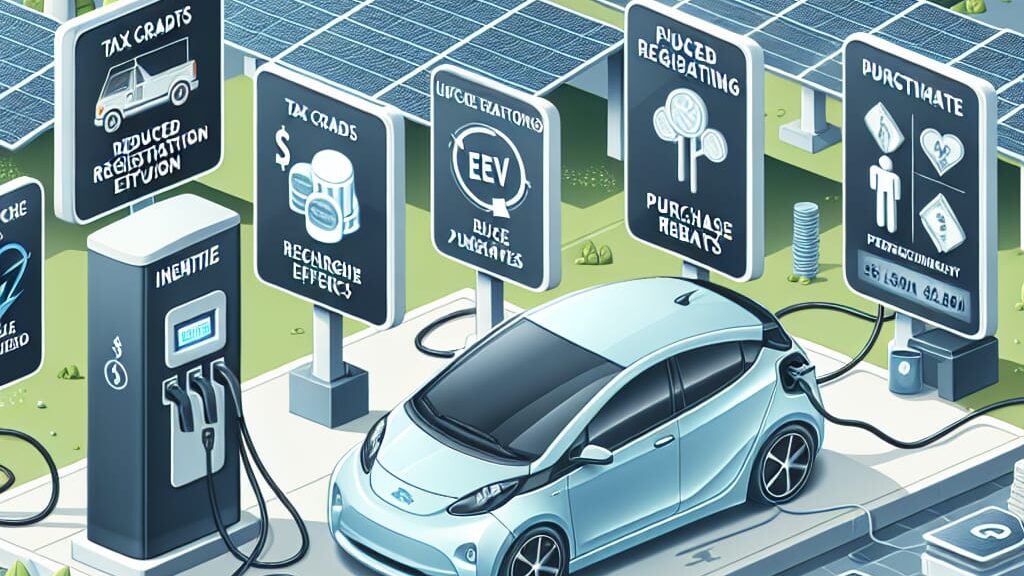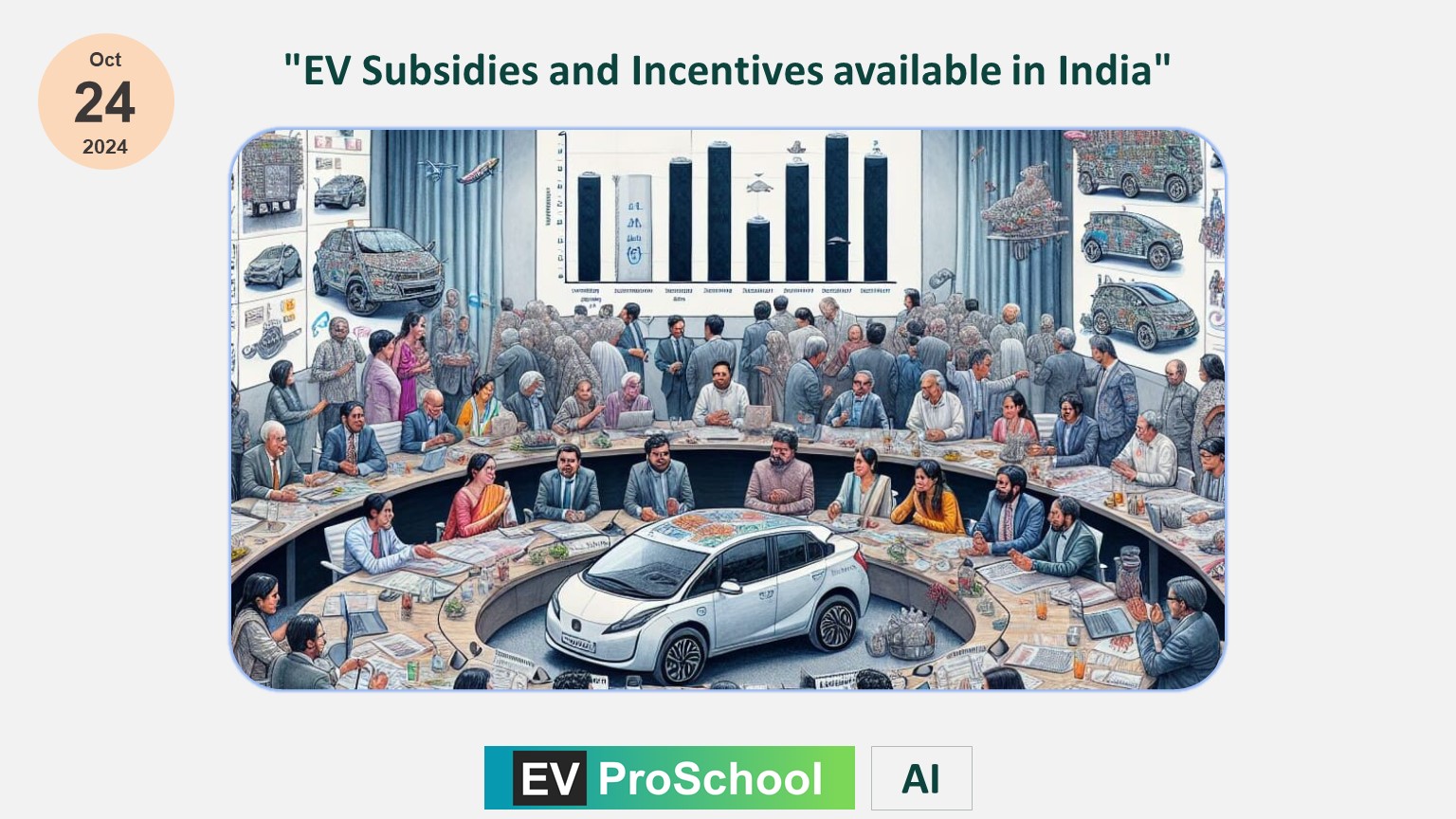As the electric vehicle (EV) revolution gains momentum in India, the government continues to provide several incentives and subsidies to make EVs more accessible to the masses. These benefits not only promote greener transportation but also aim to reduce the country’s reliance on fossil fuels, leading to a sustainable future. In this blog, we’ll take a closer look at the current subsidies and incentives available for EV buyers and manufacturers in India in 2024.
1. FAME II Scheme
The cornerstone of India’s EV policy is the FAME II scheme, which was extended till 2024. This scheme focuses on subsidizing electric two-wheelers, three-wheelers, four-wheelers, and electric buses. Key highlights include:
- Electric Two-Wheelers: Subsidies of up to ₹15,000 per kWh of battery capacity, capped at 40% of the vehicle’s cost.
- Electric Four-Wheelers (Passenger Cars): The incentives are primarily aimed at public transport and commercial use (such as taxis), with subsidies varying based on the vehicle category and battery capacity.
- Public Transport: Massive subsidies for electric buses and three-wheelers to promote cleaner urban mobility.
2. State-Level Subsidies
Many Indian states have launched their own EV policies, complementing the central government’s efforts. These state-specific subsidies are aimed at reducing the overall cost of EVs and encouraging local manufacturing:
- Delhi: Up to ₹30,000 subsidy for electric two-wheelers and ₹1.5 lakh for electric cars.
- Maharashtra: Offers subsidies ranging from ₹10,000 to ₹2.5 lakh depending on the vehicle category.
- Gujarat: A subsidy of up to ₹1.5 lakh for electric four-wheelers and ₹20,000 for electric two-wheelers.
- Tamil Nadu: While focusing on attracting EV manufacturers, Tamil Nadu also offers various incentives for buyers, including waiver of road tax and registration fees.
3. GST Reduction
The Goods and Services Tax (GST) on EVs has been reduced to 5%, compared to the 28% tax rate applied to petrol and diesel vehicles. This significant reduction makes EVs more affordable and attractive to consumers.
4. Income Tax Benefits
Under Section 80EEB of the Income Tax Act, individuals can claim a deduction of up to ₹1.5 lakh on the interest paid on loans taken to purchase an electric vehicle. This incentive is particularly beneficial for personal car buyers looking to switch to EVs.
5. No Road Tax or Registration Fees
Several states have completely waived road tax and registration fees for EVs. This further reduces the cost of EV ownership, making electric cars, bikes, and scooters financially attractive compared to their petrol/diesel counterparts.

6. Infrastructure Development Support
To ensure widespread EV adoption, the government is also pushing for the development of charging infrastructure. This includes:
- Subsidies for Charging Stations: Government assistance for setting up public charging stations, especially in urban areas, highways, and transport hubs.
- Battery Swapping Policy: Launched in 2023, this policy provides incentives for establishing battery swapping stations, which are seen as a quick and efficient solution for EV recharging, especially for commercial vehicles.
7. Production Linked Incentive (PLI) Scheme
To boost domestic manufacturing of EV components and batteries, the Indian government launched a PLI scheme specifically targeting the automotive sector. The scheme offers incentives to manufacturers based on their production levels and local value addition.
8. Scrappage Incentives
Some states are introducing scrappage incentives for consumers who trade in their old internal combustion engine (ICE) vehicles for electric vehicles. This serves the dual purpose of reducing pollution from old vehicles and encouraging the purchase of cleaner, electric alternatives.
Conclusion
India’s push towards electric mobility is being powered by a combination of central and state-level subsidies, tax benefits, and infrastructural support. With continued government support, along with technological advancements and a growing network of charging stations, the transition to EVs in India is set to accelerate rapidly. For buyers, this is the perfect time to consider switching to an electric vehicle, as the incentives make the cost of ownership increasingly competitive.
Suggested Questions:
- How can I apply for FAME India Scheme Subsidies
- Are there any Specific Models of Evs eligible for Incentives under the FAME II Program
- What are the steps to avail Income tax Benifits for Evs in India.



